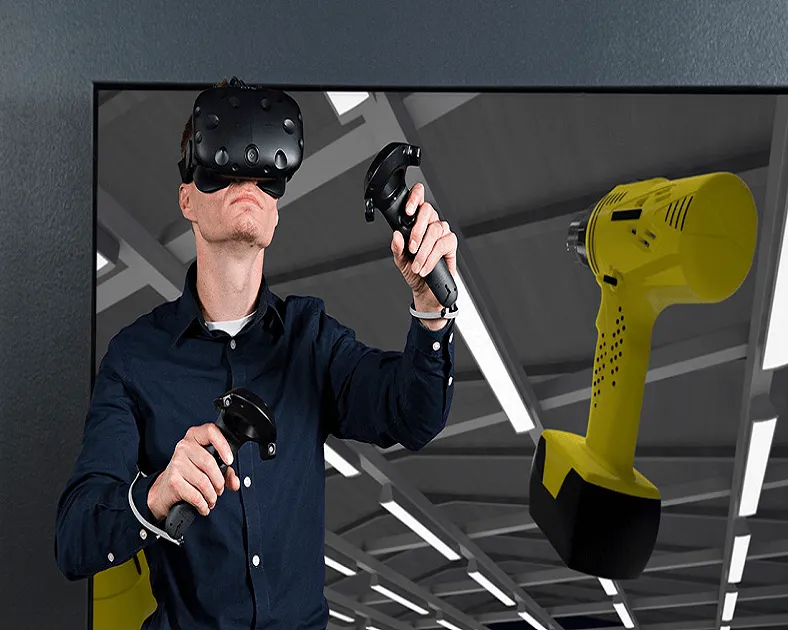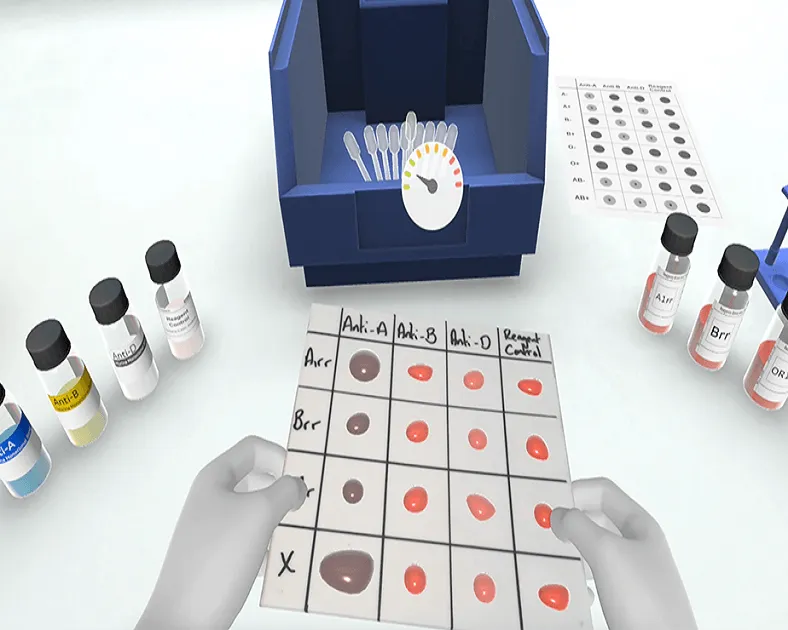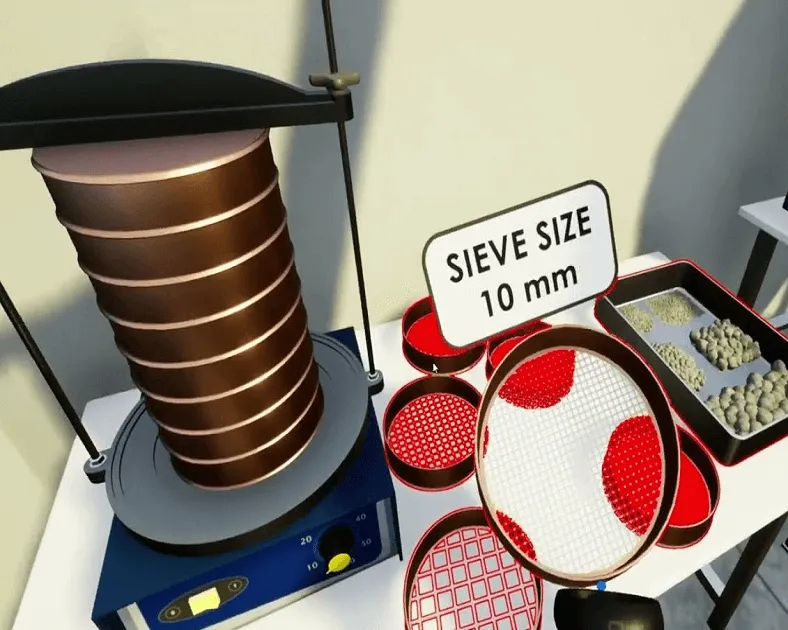Virtual Reality experiences in Engineering
It’s scary to imagine what the world would be like without engineering, a practice responsible for so many things that make our lives better. Using various technologies and approaches, engineers design impressive skyscrapers, bridges, space shuttles, and even new types of food. Using Virtual Reality in engineering has proven to be a particularly helpful way to make numerous work processes more effective and optimized, and is worthy of a closer look. That’s why we want to cover how you can use VR in engineering and what benefits it can bring. We’ll also cover the best hardware for immersive apps and tips for finding a reliable VR development company
How is VR Used in Engineering?
VR technology is used with special software (an application) and hardware (the VR headset) that immerse engineers in a virtual environment. Depending on the sector of engineering, specialists can plan, design, and conduct experiments in VR. Let’s have a look at what VR is used for in engineering fields
Virtual Reality in civil and structural engineering
Civil engineering is the field that deals with designing urban objects such as bridges, tunnels, towers, and roads. In a similar vein, structural engineering is a branch of civil engineering responsible for the safety and stability of structures. Thus, VR in civil engineering helps model various objects in a virtual environment. One Technical University of Lisbon case study has shown the use of VR for finding building plan anomalies and developing different options of optimal engineering solutions. For another example, a civil engineering professor at the University of Texas at Arlington is working on a VR application that promotes learning in a safe (virtual) environment. Thus, specialists can train professional skills without risk to life and health
VR in mechanical engineering
The field of mechanical engineering specializes in the design, engineering, and disposal of various machinery and equipment. In this area, specialists can design 3D models of heavy equipment, diagnose and troubleshoot technical issues using Virtual Reality. In addition, one study showed how VR apps can be used to teach mechanical engineering. Based on its results, the authors concluded that studying mechanical engineering improves the participants’ academic outcomes and reduces budget spending
VR in electrical engineering
Electrical engineers develop electrical systems for supplying the whole world with electricity. Since working in this field is challenging and risky, VR enables professionals to work and learn in a safe environment. Research from the Dublin University of Technology described how a particular VR app provides its users with multiple scenarios for experiencing simulations in electrical engineering. Results confirmed that Virtual Reality helps enhance electrical safety and design quality thanks to immersive surroundings and expanded capabilities of a program
VR in chemical engineering
Chemical engineers are engaged in developing complex solutions in applied chemistry. Using Virtual Reality technologies, these specialists can design various devices using 3D modeling, as well as experiment with various chemical reactions. In addition, VR solutions are used for safety training and eLearning. For example, the University of Toronto used this method to educate students during a pandemic. A Virtual Reality application simulated the experience of working in a university laboratory, allowing students to design and conduct chemical experiments supervised by their professor
VR in aerospace engineering
The use of VR in aerospace engineering was pioneered by the Boeing aircraft company. For example, Boeing engineers used Virtual Reality to determine the best way to build Boeing 737 MAX 10 — the most prominent representative of the new generation of medium-range airliners Boeing 737 MAX
5 Ways of Applying VR in Engineering:
VR is used or planned to be used by thousands of companies that have engineers. We've highlighted the main five ways of applying the technology for any engineering field
VR safety training:
Some engineering fields imply working with dangerous components like electricity, chemistry, and heavy manufacturing. That’s why VR in engineering training is beneficial, allowing employees to learn without risk of injury
Prototyping and testing:
Virtual Reality is an excellent medium for prototyping, enabling engineers to visualize future products, analyze layouts, and diagnose errors. In addition, it’s possible to test different versions of models
eLearning:
Educational establishments and engineering companies can use Virtual Reality for remote learning and provide students with a more immersive experience. In addition, eLearning programs can be accompanied by a virtual instructor
Co-worker collaboration:
Regardless of the location, employees can create a meeting room for discussing current issues and work-related matters. In addition, engineers can cooperate on projects in virtual workrooms
Presentations:
Engineers are often asked to demonstrate prototypes of a product or system to management, and VR helps. For example, civil engeneers can conduct virtual tours to show the result of their work with built-in interactions
Benefits of VR in Engineering:
The impact of Virtual Reality on business is impressive, and the technology can be highly-helpful for both top management and ordinary specialists. Here’s how:
Staff safety:
No more need to deal with work injuries. VR training and remote work are excellent ways to keep specialists productive and safe & sound
Cost-effectiveness:
Virtual 3D hardware and prototypes reduce costs spent on material and development. In addition, virtual staff training mostly eliminates the need to hire a actual instructor
Workflow optimization:
You can conduct meetings and collaborate with co-workers anytime, regardless of their location
More capabilities:
Specialists can use countless virtual tools for their work or even work remotely from home
Improving performance:
More interactive, immersive, and safe training is fundamental for the productive work for any specialist. In addition, the ability to use any resources at any time reduces the time spent on task realization
Explore More Projects
We welcome your questions, do not hesitate to contact us
- Create virtual reality and augmented reality experiences at the best prices
- Equipping engineering laboratories with the best equipment
- Virtual tours with 360° technology and also feature that you can see them through just one link
- Create virtual reality and augmented reality experiences at the best prices
- Equipping engineering laboratories with the best equipment
-
Virtual tours with 360° technology and also feature that you can see
them through just one link



